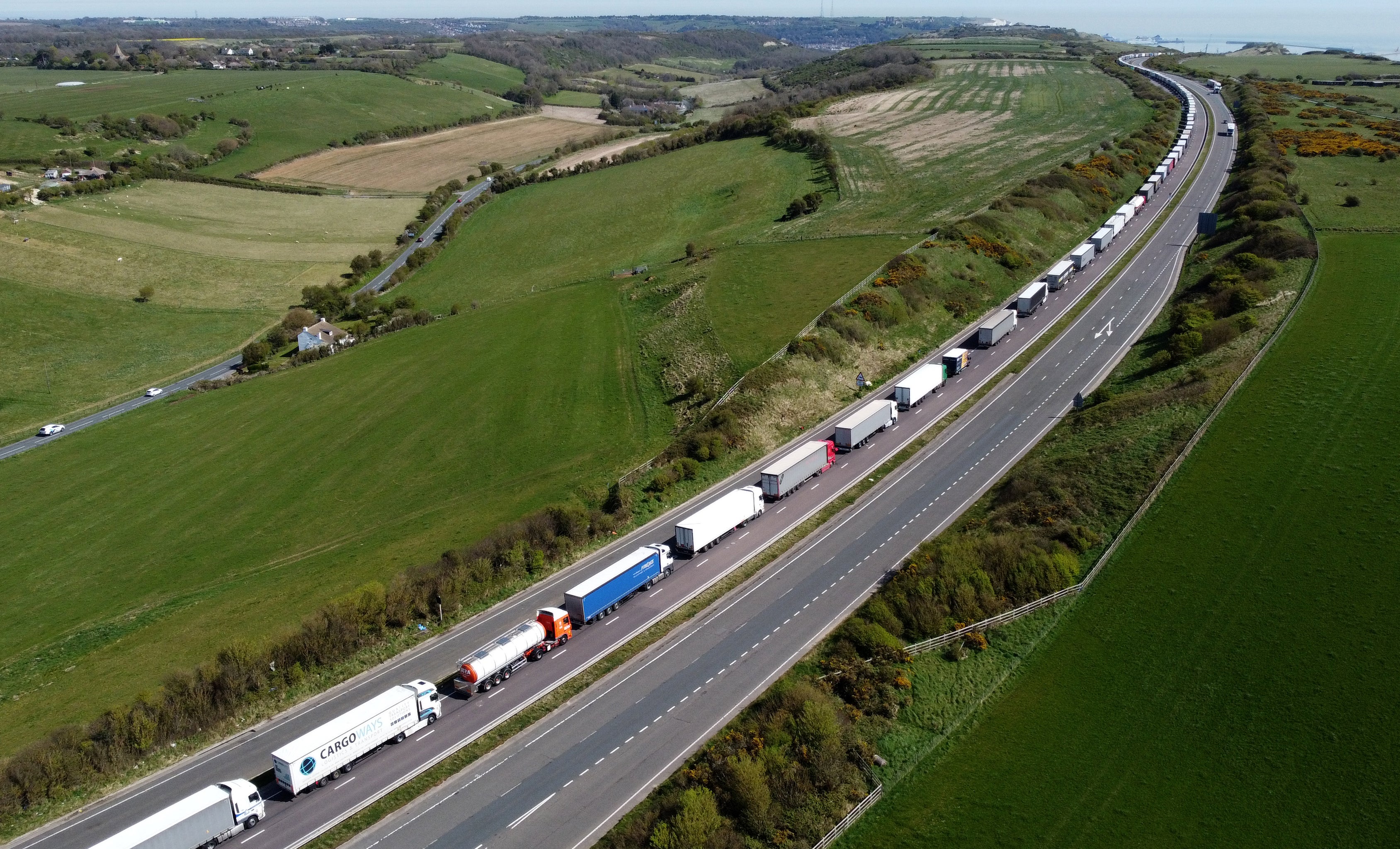Push to make economy greener ‘will change jobs rather than destroy them’
A new report said rapid change in the jobs market is expected this decade

The main impact of the drive to green the UK’s economy will be to change existing jobs rather than to destroy them, a new report has said.
The biggest challenge will be to make sure that low and mid-skilled workers are able to keep up as most of the new jobs created will require high skill levels.
The report, from the Resolution Foundation and the London School of Economics, distinguished between green jobs and brown jobs.
It found there are 1.3 million brown job workers in the UK and that they are more exposed to the impacts of the transition than others.
They include lorry drivers and energy plant operatives who will need to learn to drive different kinds of vehicles and produce different types of power.
The report found that green job workers were more than three times as likely to be in higher-qualified professional jobs than their brown job counterparts.
It said 83% of green jobs are highly qualified, compared to just 26% of brown jobs.
“The UK’s net zero transition has begun to affect the labour market, but more rapid change is expected this decade given enhanced commitments in policy and business strategies,” Kathleen Henehan, senior research and policy analyst at the Resolution Foundation.
“This has led some to warn that decarbonisation could be as damaging as deindustrialisation in terms of job destruction.
“Some transitions into new jobs will be required but the reality is most workers will feel the net zero transition through changes to the jobs they already do, rather than redundancies and completely new types of work.”
There is also a challenge in the diversity of the workforce. More than 14% of white working-age adults are in a green job compared to 8% of black working-age adults.
Policymakers should focus on helping brown job workers to adapt to the change or the revolution to come will mainly help already high-skilled and higher paid workers, the report’s authors said.
“Securing a ‘green job’ is likely to lead to higher wages, but entry into those jobs is dominated by those with higher skills,” Ms Henehan said.
“Rather than focusing on misplaced forecasts of huge job losses, policy-makers should prioritise supporting workers to adapt to new technologies and tasks, either in their current jobs, or by moving to ‘green’ jobs through an expansion of skills and training.
“That will hold the key to ensuring that decarbonisation can lead to better jobs and pay for as many people as possible.”